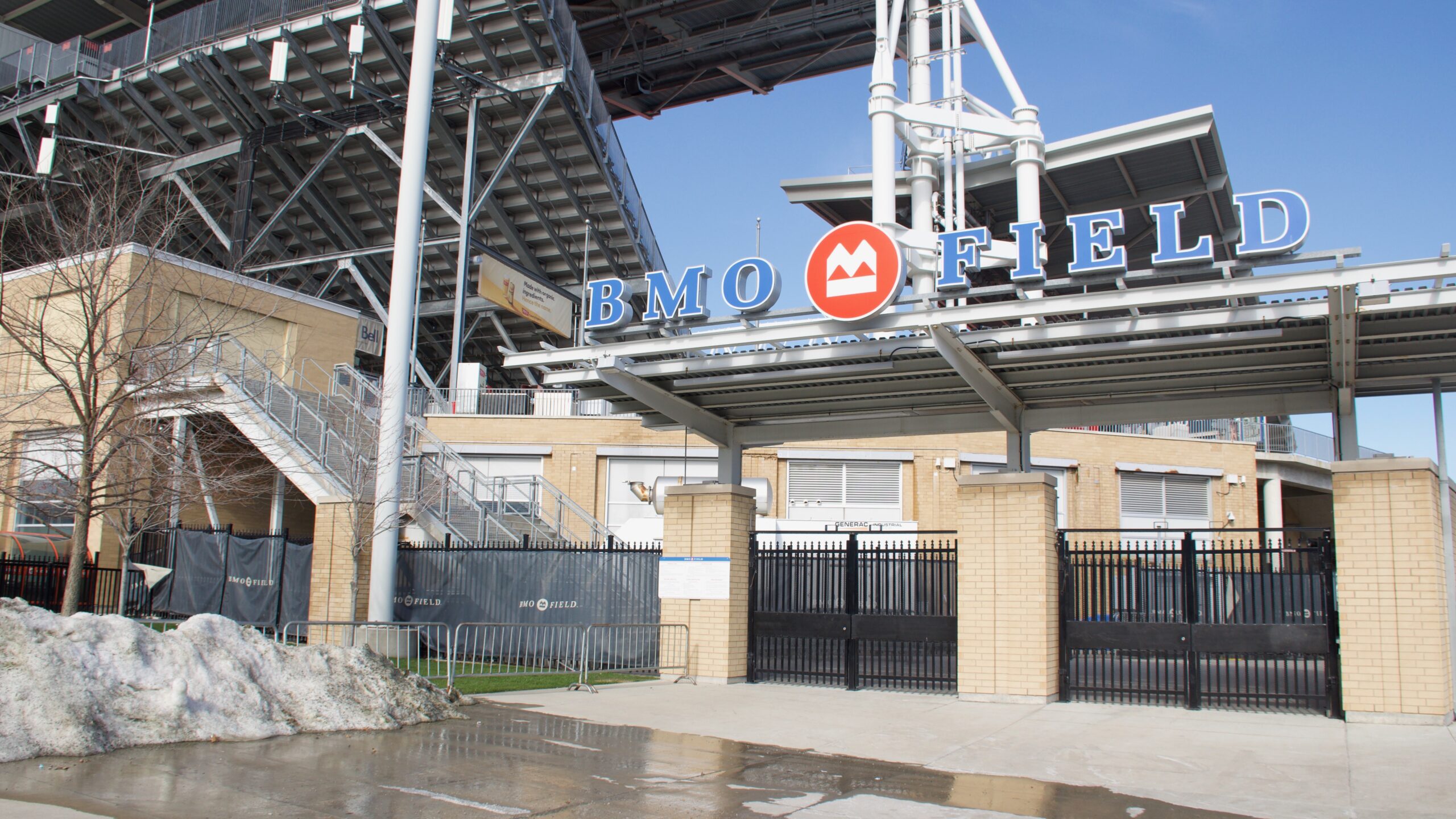Council meetings held between March 18 and March 20, put on display all the issues and discrepancies Toronto and its politicians are facing ahead of the 2026 soccer World Cup, in which the city will host six games.
Besides an alarming lack of transparency, the budget has increased to $380 million from the initially expected $45 million, and Mayor Olivia Chow said she is not willing to assume this cost overrun.
To the eyes of the world, Toronto is an unprepared city. That is not a state the city can afford to be in when it is hosting the World Cup, the most-viewed sport on the planet.
According to FIFA statistics, up to 1.5 billion people watched the last edition of the tournament.
Toronto is seriously damaging its reputation on a local, national, and international scale with the way it’s managing the challenge of receiving such an important event and has to address this mess right away.
First, the city has to justify with accuracy such a disproportionate increase in the budget and how the money will be spent.
In a report published on Feb. 26, Toronto broke down the costs, but the descriptions of the most significant expenses remain unclear.
According to the report, $174 million will be spent on “tournament operations” and $118 million on “capital improvements.”
Though the document refers to funding services like Paramedics Services, the Toronto Police and spending to upgrade the BMO Field Stadium, there is still a lot that is unclear.
In addition, Ontario committed to give Toronto up to $97 million to fund the costs but the federal government has not been clear yet about how much money is going to contribute.
The city must make public a detailed breakdown of the costs as well which are the improvements of Toronto required by FIFA.
It’s evident the city needs to upgrade its public transportation network first, but as of today, this kind of plan and its deadlines remain unknown.
Given the concerning situation and having already secured the bid to host the World Cup, Toronto needs to act with urgency, as only two years remain until the event.
The city is in danger of wasting the unique opportunity that hosting a World Cup brings.
According to the council’s report, the event is expected to generate a total net economic activity of $392 million for Toronto and $119 million of tax revenues in the Toronto region, thus outweighing the costs.
However, it also involves significant tangible benefits, such as the enhancement of the city’s infrastructure.
Hosting the World Cup could further enhance soccer’s popularity and boost Toronto’s reputation by showcasing the city’s defining features, such as its multicultural character and strengths, including its ability to successfully host major events like this.
For now, it appears that the city is either not interested in hosting the World Cup or is unsure of how to proceed with organizing it with the chaos and lack of transparency.
Whatever happens, Toronto must avoid scoring an own goal.

